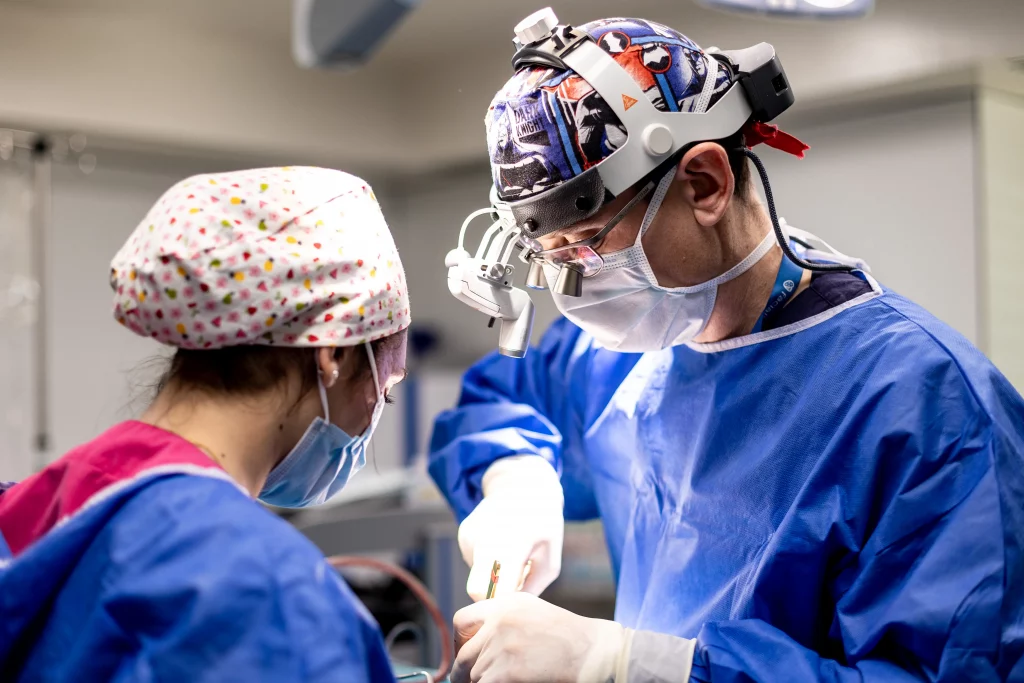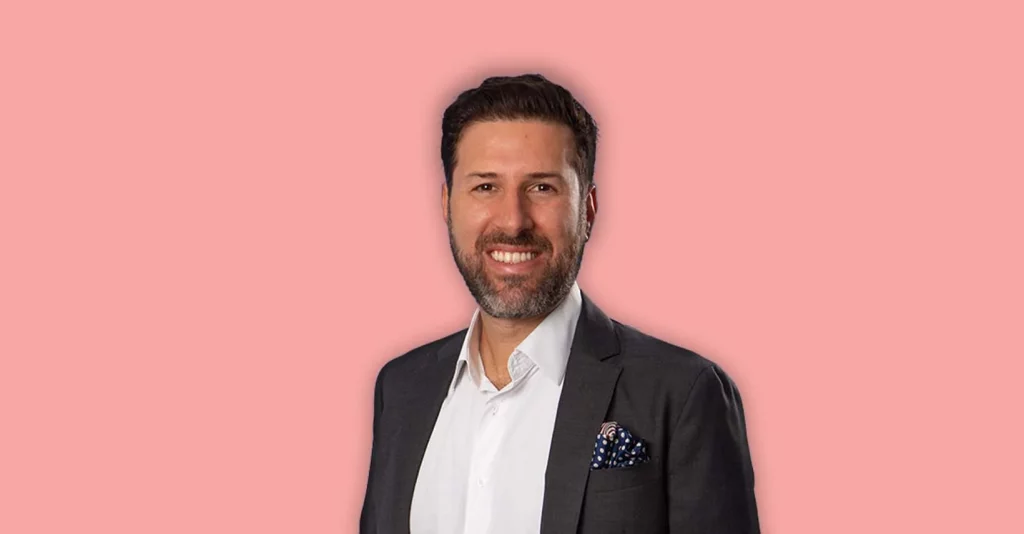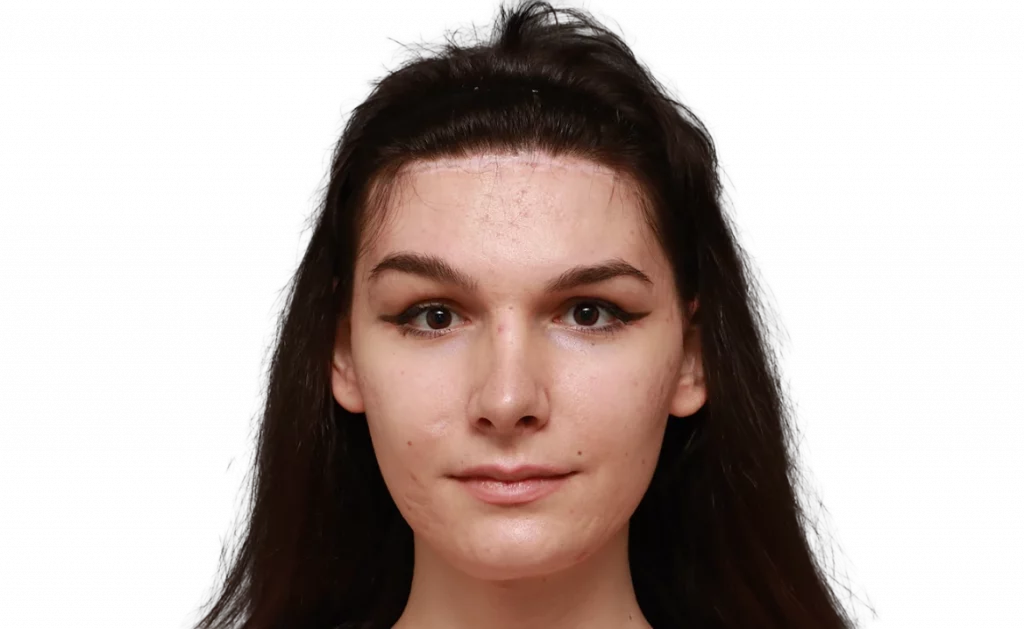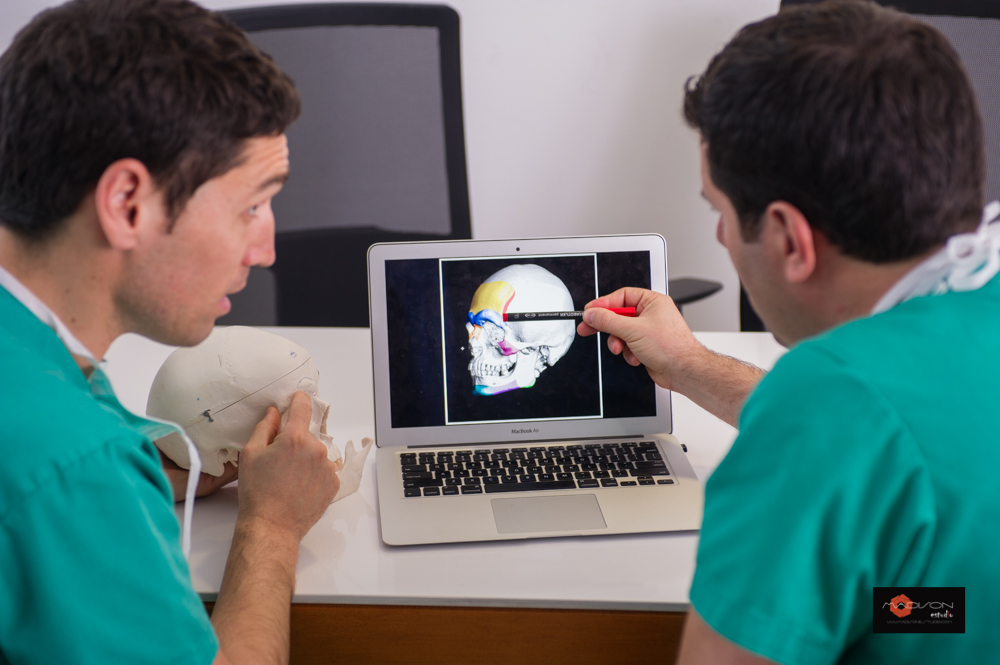Who Performs My Surgery At Facialteam?

“I feel the need to write to you due to a quite serious rumor going around online about Facialteam that is causing some concerns. The rumor states that the surgeons assigned on surgery day will often be replaced with someone else without notifying the patient. Is this true? Will I meet the surgical team prior and after surgery? Are there trainees in my surgery?“
Facialteam’s workplace dynamic is unique from many other FFS providers, leading to this frequently asked question: Who will be my surgeons?
At Facialteam, we believe that the collective expertise and collaborative spirit of our surgeons set us apart in the field of facial feminization surgery. Our approach is centered around a team-based model where a combination of specialized skills and the highest standard of care are sustained for each and every patient.
Let us explain further how our team cohesion functions in the best interest of our patients.
From the initial consultation to the final stages of recovery, our surgeons remain united in the development, execution and care relevant to a surgical plan that was closely consensualized with you. This way, each patient benefits from the combined knowledge and experience of our entire team. By prioritizing clinical collaboration and patient-centered care, Facialteam proves their dedication every day to achieving the most precise, optimized results for each of you.
What Does It Mean To Be A Multidisciplinary Team?
At Facialteam, we utilize a unique team-based approach to surgery, which may differ from the traditional single-surgeon model some are familiar with. We are here to guide and support you through understanding this dynamic process.
Patients are center-stage here, even more so when the surgeons work based on a team ethic conducive for scientific investigation and development. Multiple professionals work alongside each other– not one at a time nor consecutively. Operating together, not in solitary, offers the many advantages of a hyper-specialized team, such as accelerated implementation of improvements, avoiding fatigue, reducing error, readiness for contingency situations, among other benefits.
Your Patient Coordinator will be happy to inform you of which Facialteam surgeons are anticipated to be present and, closer to the time of surgery, confirm who is scheduled for your surgery. Any changes to those team members will be duly reported to patients in advance of their surgery, and also reconfirmed during the Postoperative period.
For an insider’s look at the day-to-day routine of the team, follow the journey of Ari, who recently had her FFS in Marbella with Facialteam – watch #MeetAri on our Instagram.
FAQ About Facialteam’s Surgical Logistics
-
Upon reserving a date, a surgical team of experienced FFS specialists will be selected for your case. This group may be subject to modifications, depending on inevitable scheduling factors, in the months leading up to your surgery. You will be informed of the assigned team and any changes that may arise, albeit infrequently, before surgery.
-
Not necessarily, as this is defined according to the procedures and date of the surgery. There are a total of 10 surgeons, which, depending on the date and combination of procedures, may be organized into two simultaneous groups. If you desire, this may be requested but will be subject to availability.
-
You can expect that the surgeon(s) in your preoperative consultation will also participate in your surgery, although in rare cases this may change. You may ask for details at any time.
-
Requesting specific surgeons is generally discouraged due to operating room logistics, so requests are not guaranteed, will be subject to availability and may incur longer wait times. However, we understand and respect that for some patients this aspect is important. We will do everything to accommodate the request and be transparent about it during every step of your Journey, from before booking surgery to your postoperative period.

Facialteam’s Team Method, Phase By Phase
Our team in Spain consists of over 60 top professionals with extensive experience in over 8400 facial feminization procedures, for 2500+ patients from 64 countries (as of March 2024).
Combined, our FFS surgeons sum up 40+ years of experience, working together with your best interest in mind. Every professional of our multidisciplinary team plays an important role in your gender affirming journey.
Let’s explain further how we work behind the scenes as a team and why this is important to overall outcomes.
Teamwork during the consultation phase
You may have more than one initial consultation before even considering actually reserving surgery. These may occur online or at one of our centers and may last minutes or an hour. Conclusions will be noted in our secure customer relations database, so even if you meet with different doctors, there will be a summary to refer to.
However, our doctors sometimes have differing opinions on certain aspects of your case, which is natural and will provide you with alternative perspectives to think about. In the end, this forms part of your research upon which you are the final decision-maker when it comes to the procedures to perform.
Teamwork during the surgical planning phase
As mentioned, the surgical plan that has been developed with you is noted in our database, on the planning documents, and in the legal consent forms. Specifics may be explored with 3D planning models or virtual simulations that are also discussed with you and noted in the surgical planning files.
Finally, the complexities of cases are regularly reviewed by the team in briefing sessions where fine details are discussed at greater length.
Teamwork during the surgery
Should I worry about my surgeons being different ones, or not the “founders”? The short answer is no.
At Facialteam, our surgeries have a margin of error much lower than the industry average for all procedures. This is due to our highly defined protocols, incorporation of new technologies, and a shared workflow.
Our team-based approach ensures that every surgeon is well-equipped and follows the same rigorous standards, regardless of whether they are founders or newer team members. You can trust that you will receive exceptional care from any of our skilled specialists.
Teamwork after surgery
The postoperative department currently consists of a network of specialist aftercare coordinators, psychologists, a medical doctor specialized in HRT as well as three FFS surgeons, the directors Dr. Luis Capitán and Dr. Javier Gutiérrez plus Dr. Ángel Penedo. Patient recovery quality assurance is the main concern of this team, which is connected with all other areas of Facialteam.
Their work comprises accompanying hundreds of Facialteam’s patients with enquiries related to the healing process and final results of surgery. Our aftercare systems continue to provide attention online, as most patients live abroad, or in person when essential. Surgical reports and direct communication with the patient’s local healthcare providers are available if circumstances require.
Facialteam patients may request a general report of their surgery be sent to their healthcare provider of choice in order to facilitate closer communications, pool resources and eventually raise awareness of what is involved in facial gender affirming surgery.
Team Ethic in Scientific Research & Education
Facialteam is also a center for Research & Education, conducting essential scientific enquiry as well as exclusive training programs for both medical students and advanced professionals. This includes learning visits called “Observerships,” which are typically 1-3 days in duration.
As the title implies, they observe surgery and do not intervene in the workflows nor interventions. Patients during the FFS Training Program week are notified in advance of the nature of the visiting professionals and permission by informed consent is obtained.
Scientific investigation forms part of the day-to-day routine here. We consider it an honor and privilege to be a center of reference for not only Facial Gender Affirming Surgery, but also study and training.
Let us answer your questions
If you have read this article but still need some extra information regarding our team dynamics book a free consultation now.
Our team of experts is ready to address any questions you may have regarding these.












